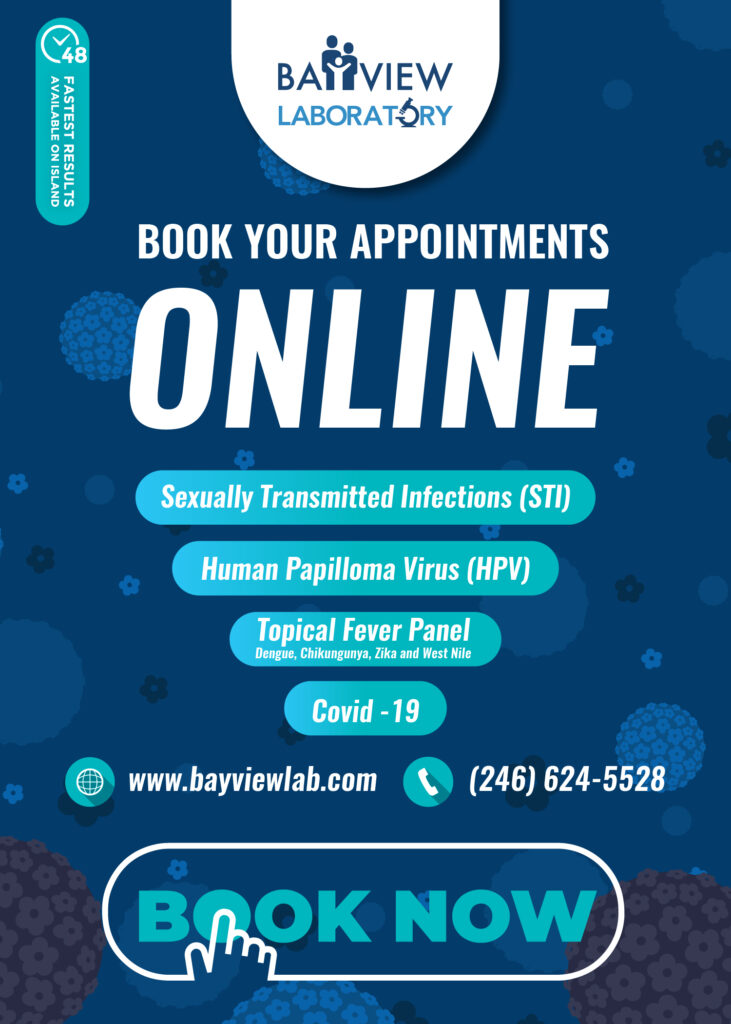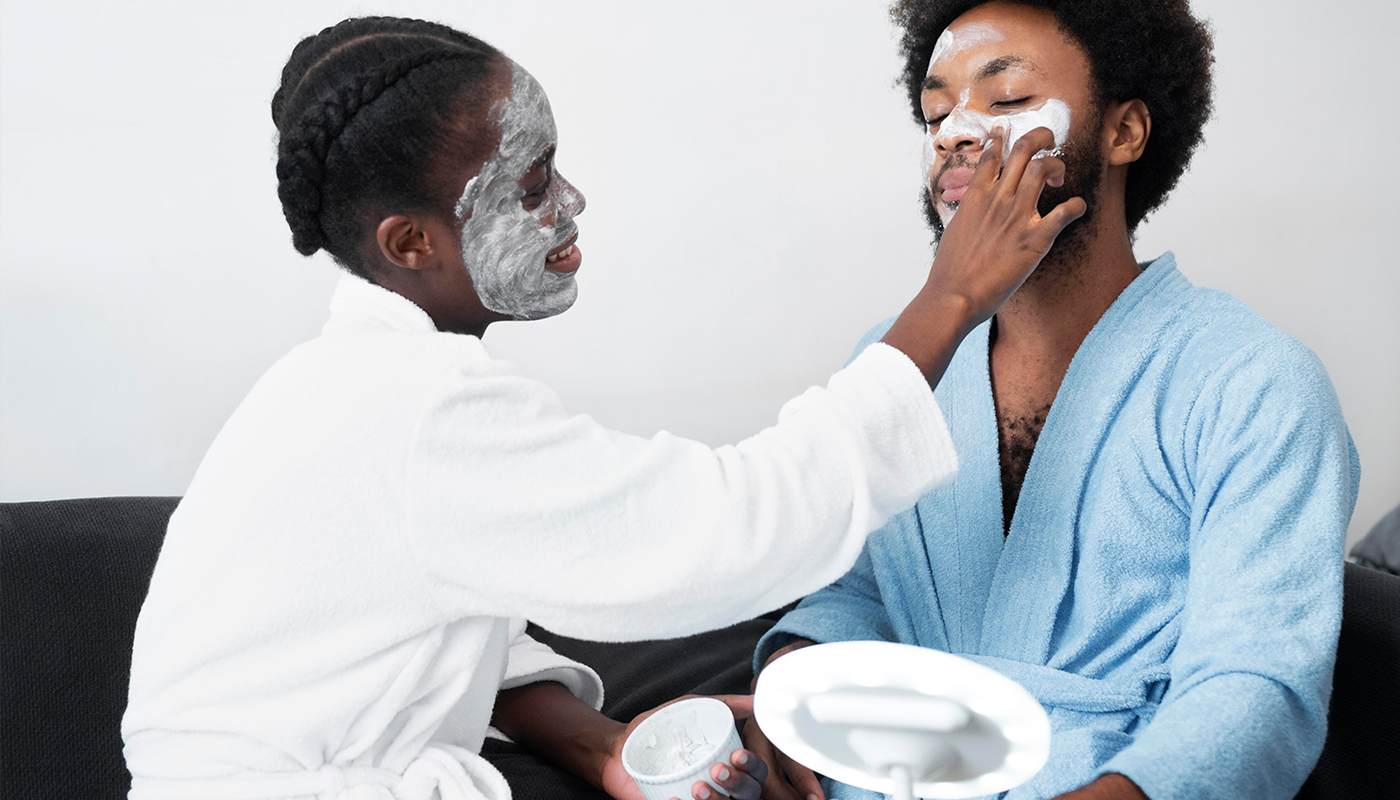- Anaesthesiology
- Cardiology
- Dental
- Dermatology
- Geriatrics
- General Surgery
- Hematology/ Oncology
- ICU Consultation
- Internal Medicine
- Interventional Radiology
- Neurology
- Obstetrics & Gynaecology
- Orthopaedics
- Otolaryngology (ENT)
- Paediatrics
- Paediatric Haematology
- Paediatric Surgery
- Reconstructive Surgery
- Urgent Care
- Urology


Dermatologist Overview
A dermatologist is a medical doctor who specializes in the diagnosis, treatment, and prevention of conditions and diseases related to the skin, hair, nails, and mucous membranes. Dermatology is a branch of medicine that deals with a wide range of skin-related issues, from common problems like acne and eczema to more complex conditions such as skin cancer.
Here are some key aspects of what dermatologists do:
Diagnosis: Dermatologists are skilled in diagnosing various skin conditions through physical examinations, medical history analysis, and sometimes, laboratory tests or biopsies.
Treatment: They provide treatment options for skin conditions, which can include prescribing medications (e.g., topical creams, antibiotics, or oral medications), performing procedures (e.g., skin biopsies, surgical removal of moles or skin cancer), or offering various dermatological therapies (e.g., laser therapy, chemical peels, or phototherapy).
Prevention: Dermatologists educate patients about skin care, sun protection, and preventive measures to avoid skin problems or reduce the risk of skin cancer. They also advise on skincare routines and products.
Cosmetic Dermatology: Many dermatologists also offer cosmetic services, such as Botox injections, dermal fillers, and chemical peels, to enhance the appearance of the skin and reduce signs of aging.
Skin Cancer Detection: Dermatologists play a crucial role in the early detection and treatment of skin cancers, including melanoma, the most dangerous type of skin cancer. They may perform regular skin cancer screenings for at-risk individuals.
Hair and Nail Disorders: Dermatologists can diagnose and treat conditions related to hair loss, hair disorders, and nail problems.
Allergies and Skin Sensitivities: They help identify and manage skin allergies and sensitivities, often through patch testing.
Chronic Skin Conditions: Dermatologists manage chronic skin conditions like psoriasis, rosacea, and eczema, providing ongoing care and treatment plans.
Pediatric Dermatology: Some dermatologists specialize in pediatric dermatology, focusing on skin conditions that affect children.
Research: Many dermatologists are involved in research to advance the understanding and treatment of various skin disorders.

Health Tips & Info
While it’s always best to consult with a dermatologist for personalized advice and treatment plans, here are some general skincare tips that dermatologists often recommend for maintaining healthy skin:
Daily Sun Protection
Protect your skin from the harmful effects of UV radiation by using a broad-spectrum sunscreen with SPF 30 or higher every day, even on cloudy days. Reapply sunscreen every two hours when outdoors.
Wear Protective Clothing
Whenever possible, wear sun-protective clothing, sunglasses, and a wide-brimmed hat when exposed to the sun for extended periods.
Gentle Cleansing
Use a mild, fragrance-free cleanser to wash your face and body. Avoid harsh soaps and excessive scrubbing, which can strip your skin of natural oils.
Moisturize
Apply a suitable moisturizer to keep your skin hydrated. This can help prevent dryness, flakiness, and irritation.
Skin Type Matters
Understand your skin type (e.g., oily, dry, combination) and choose skincare products that are appropriate for your specific needs.
